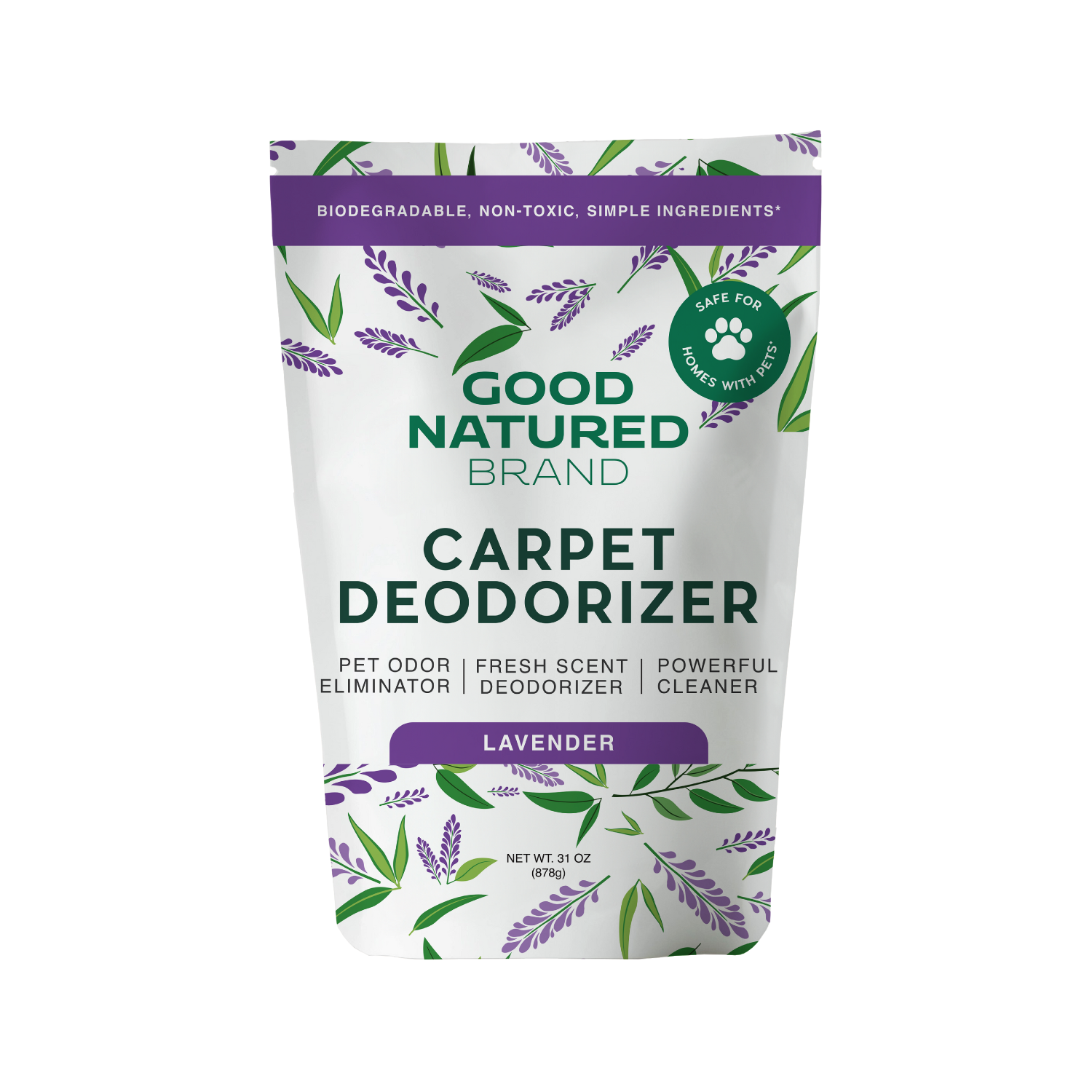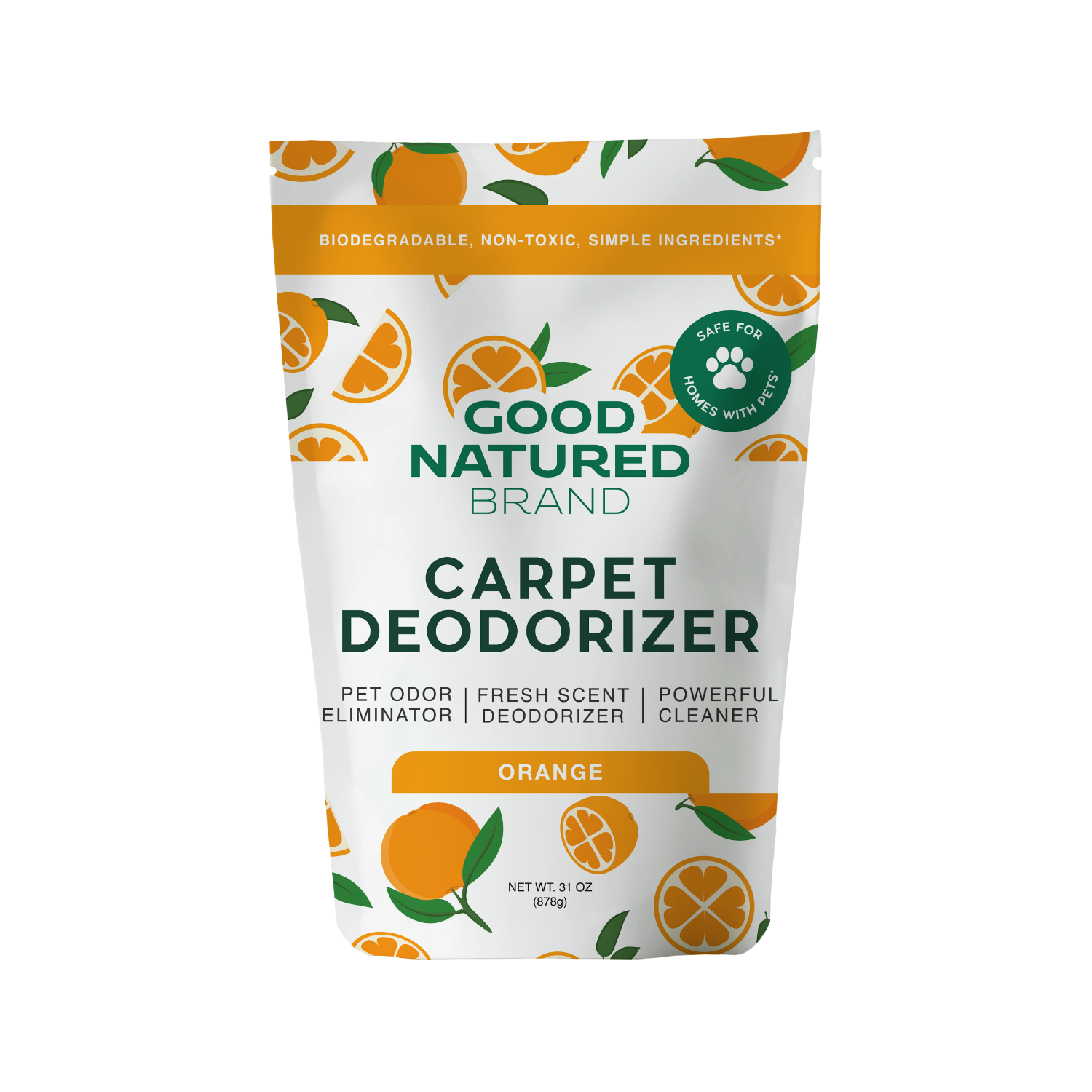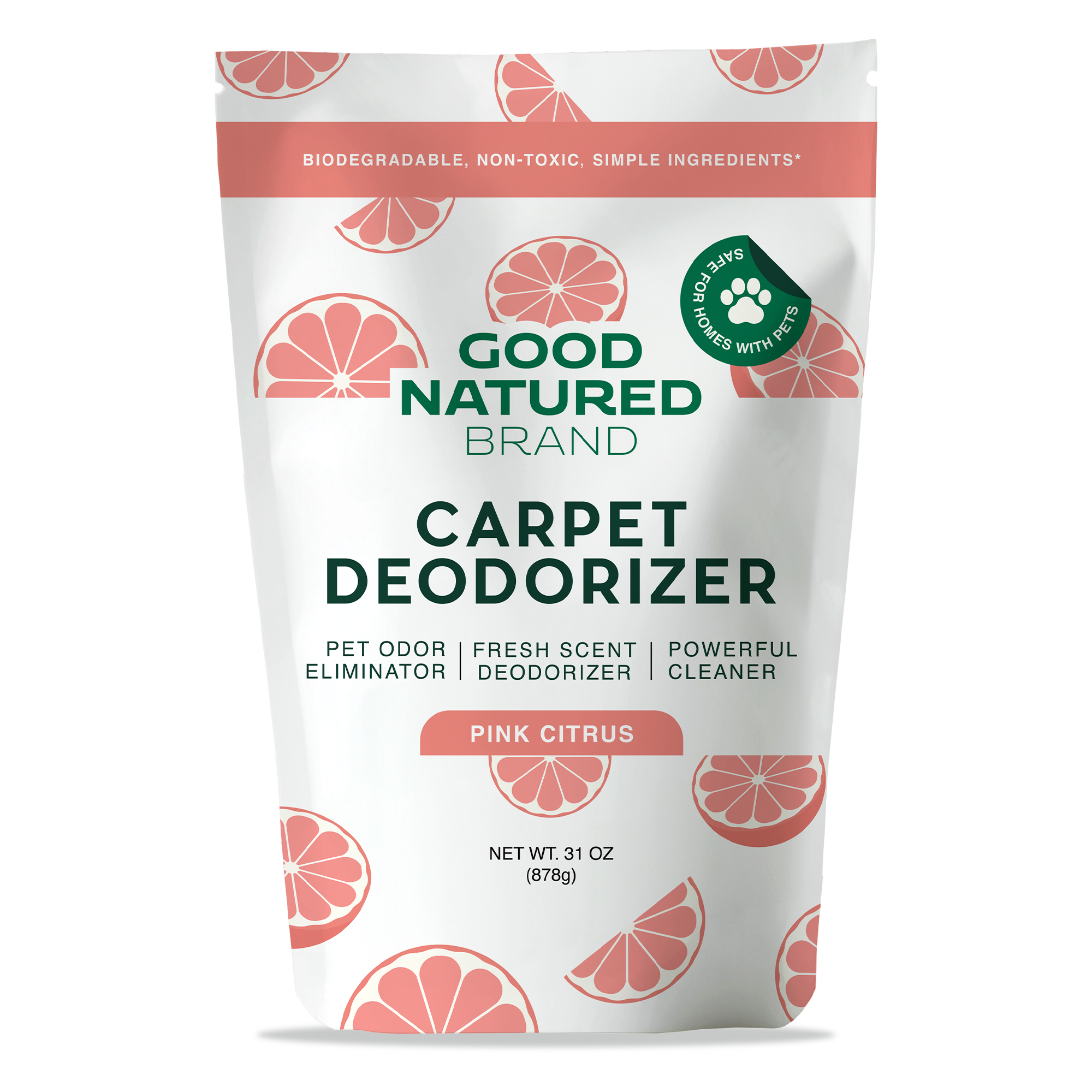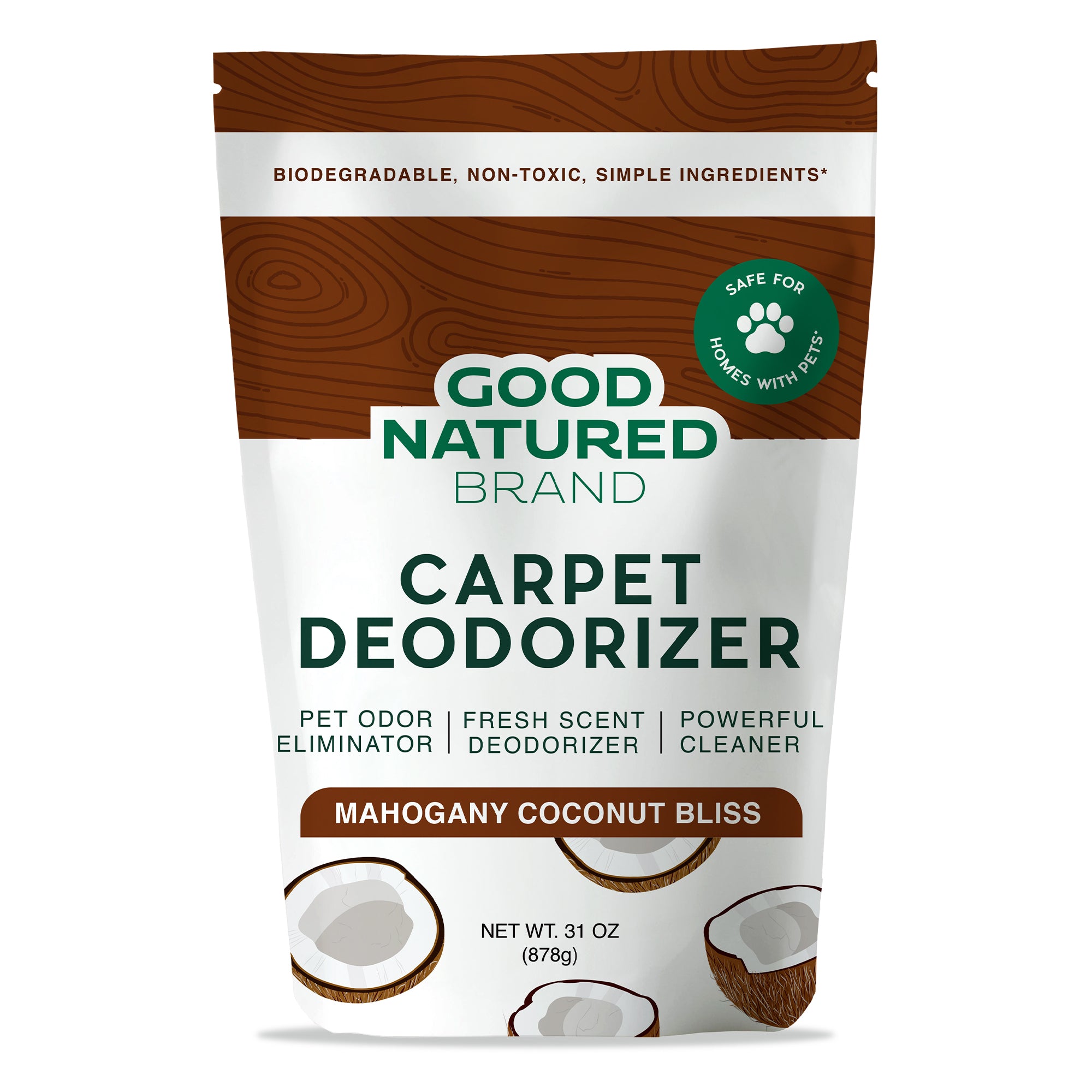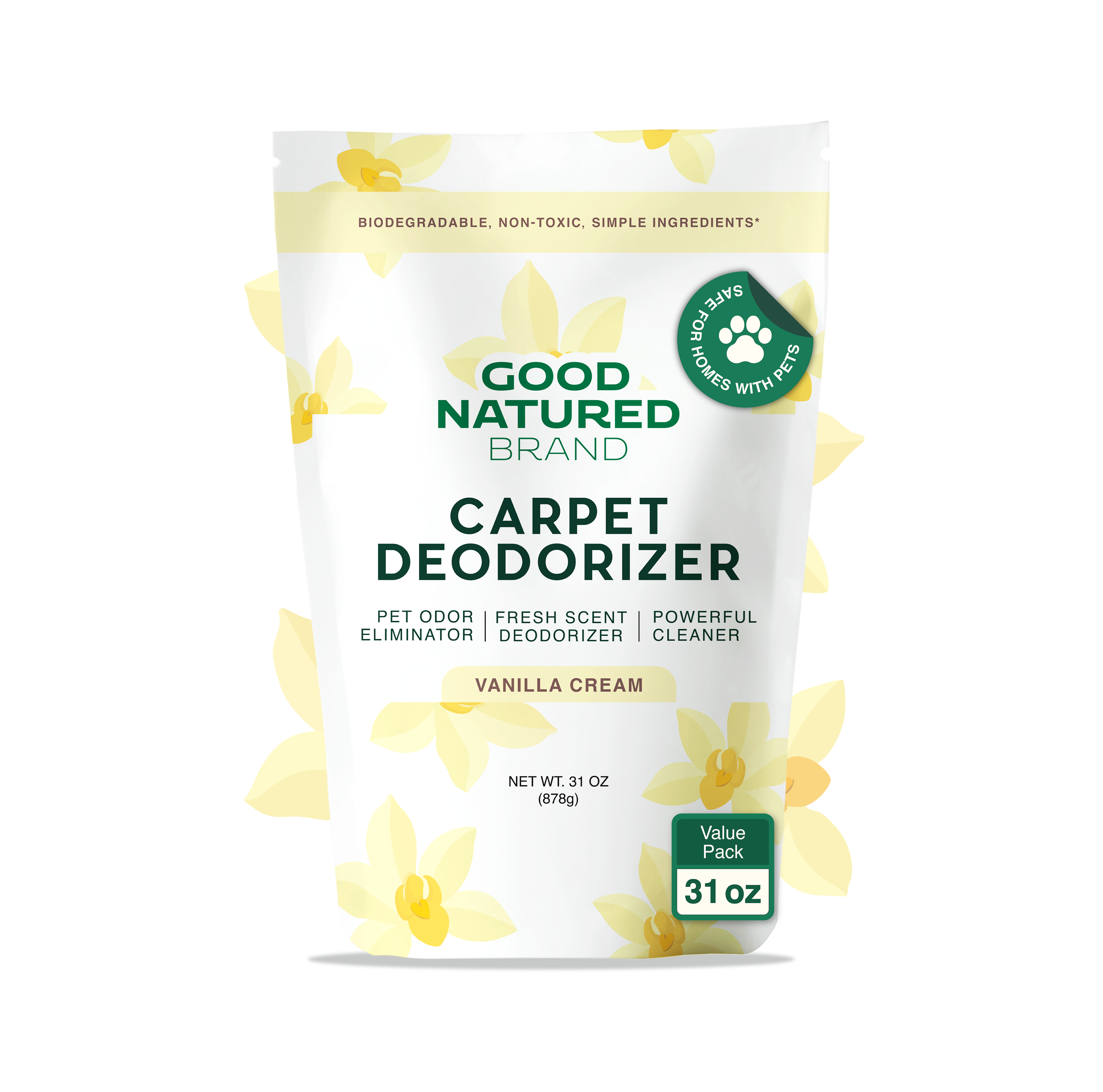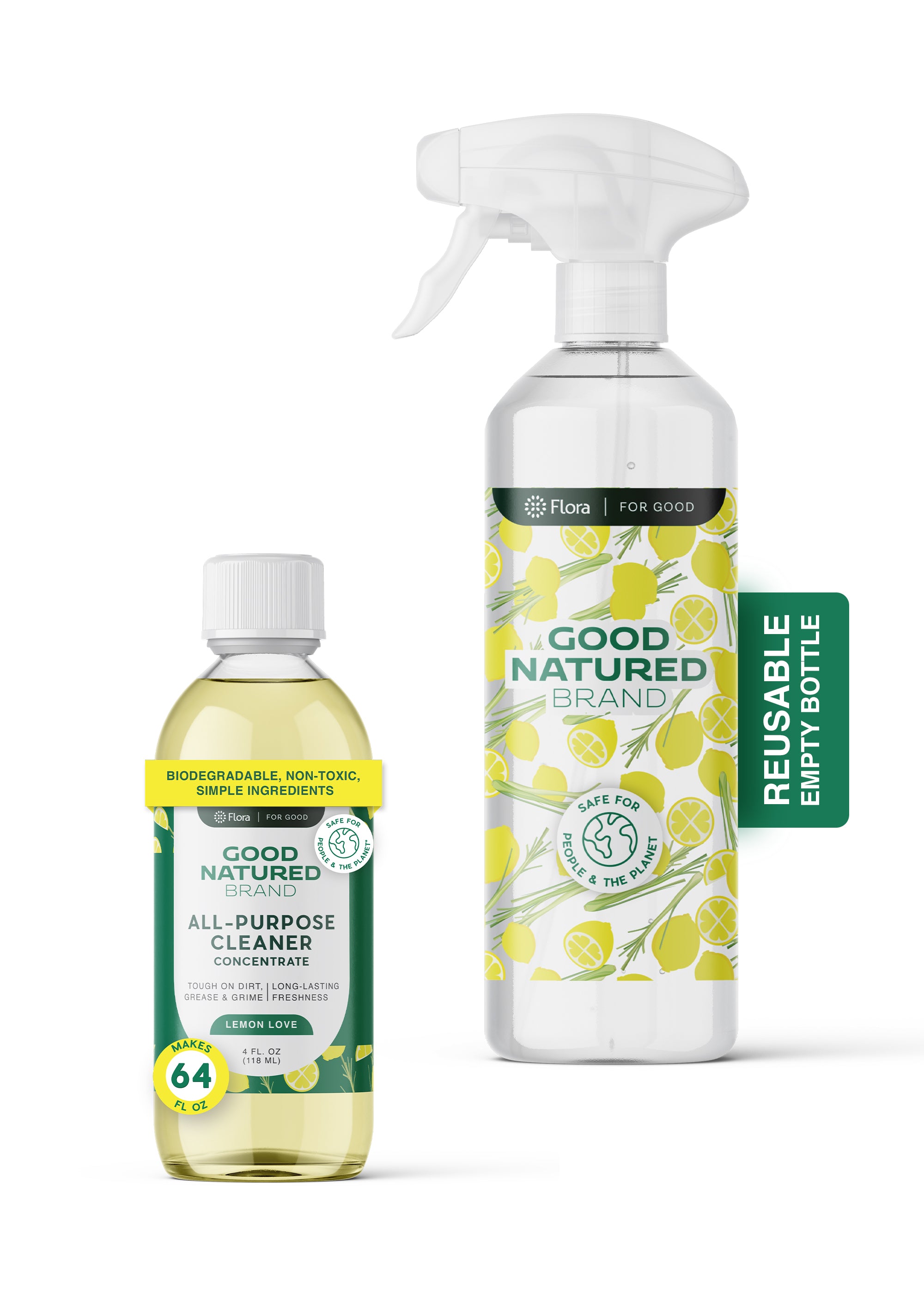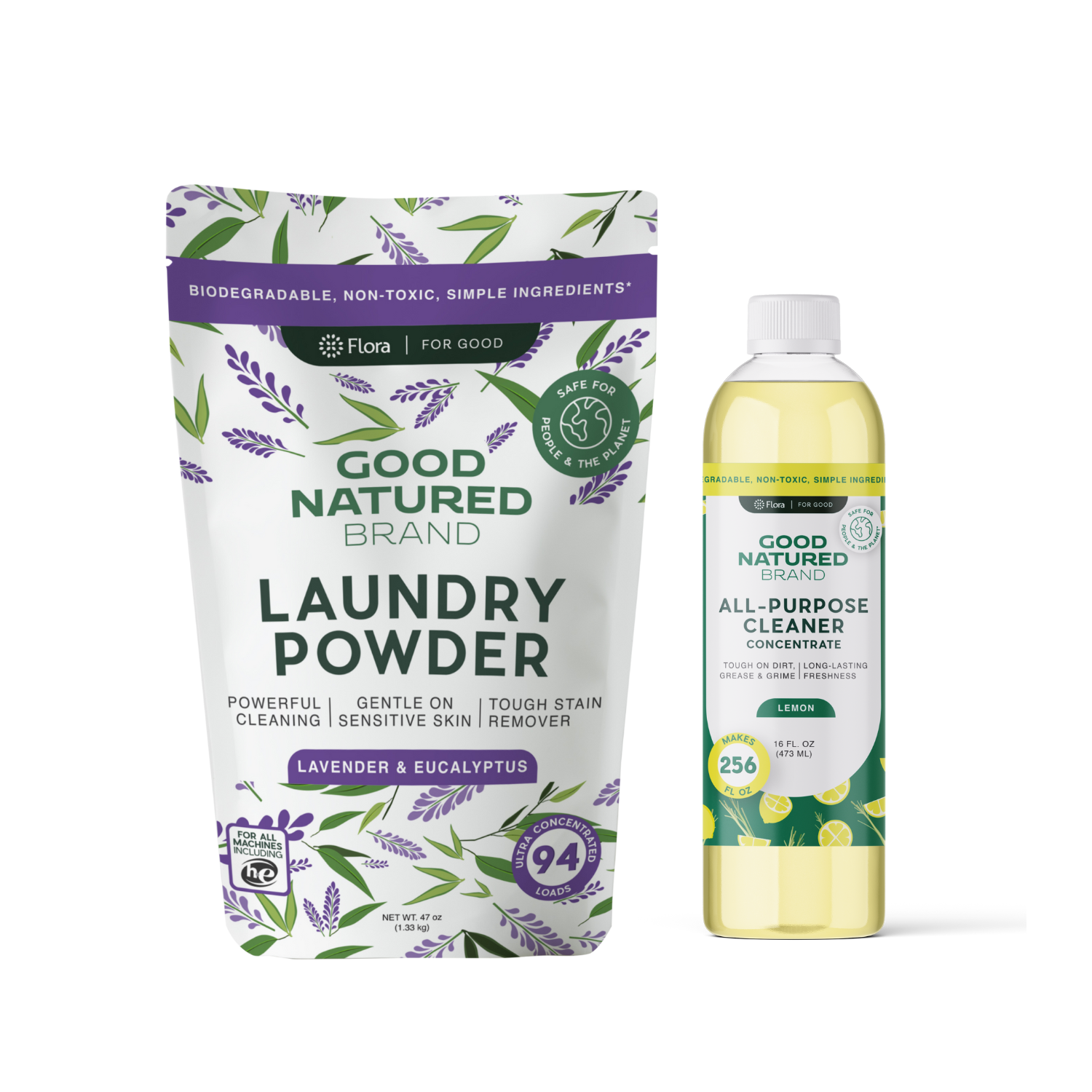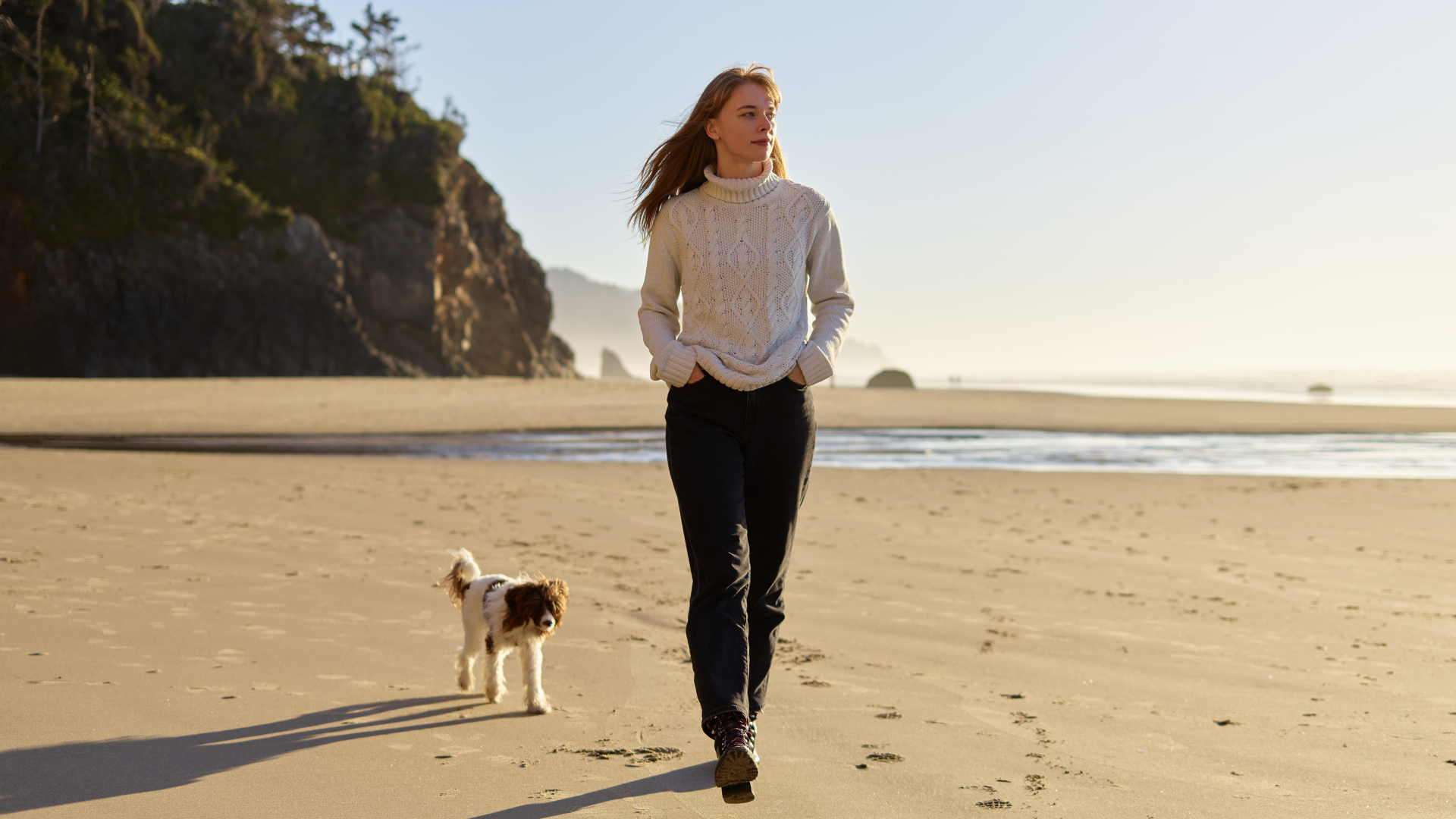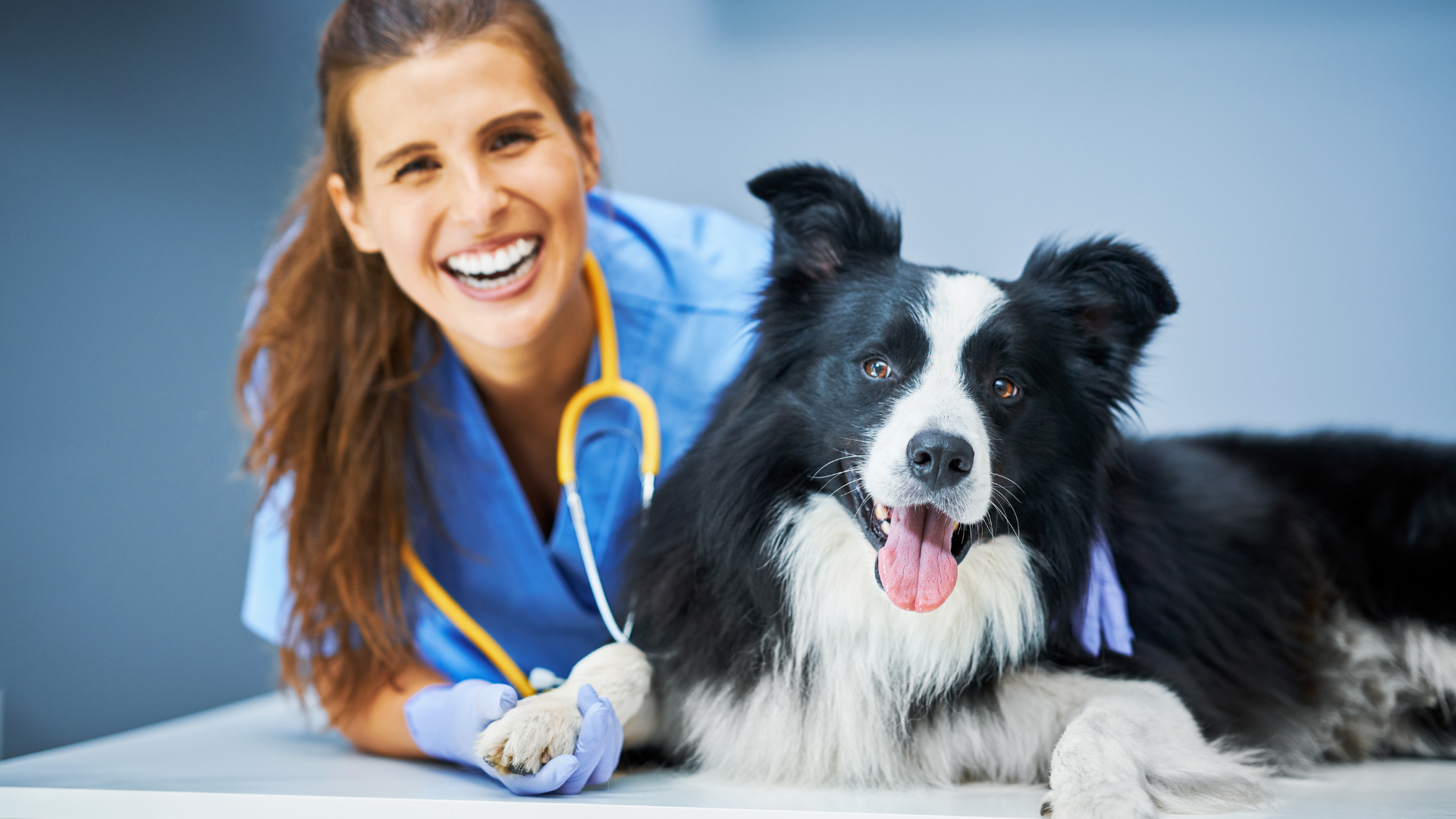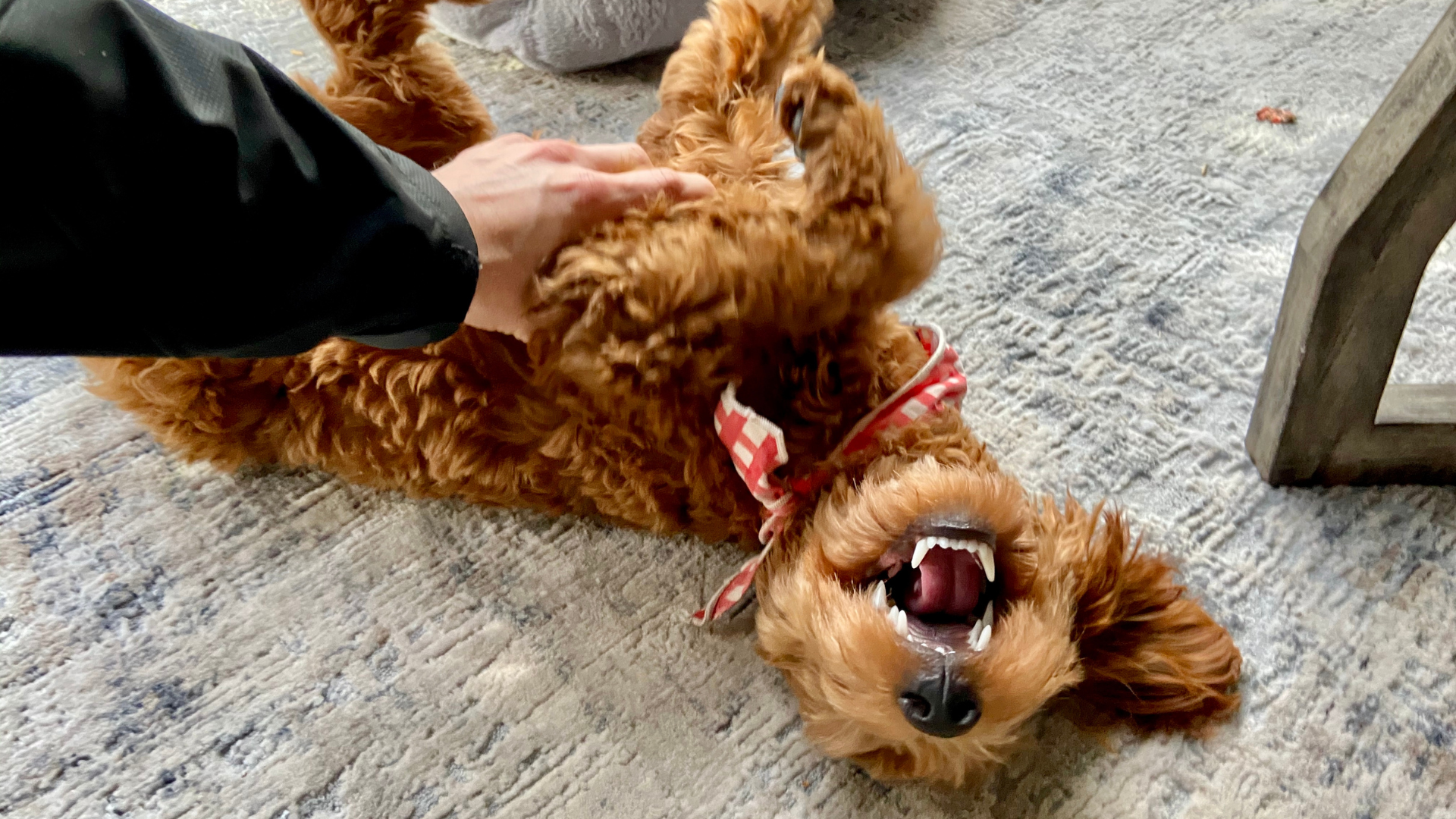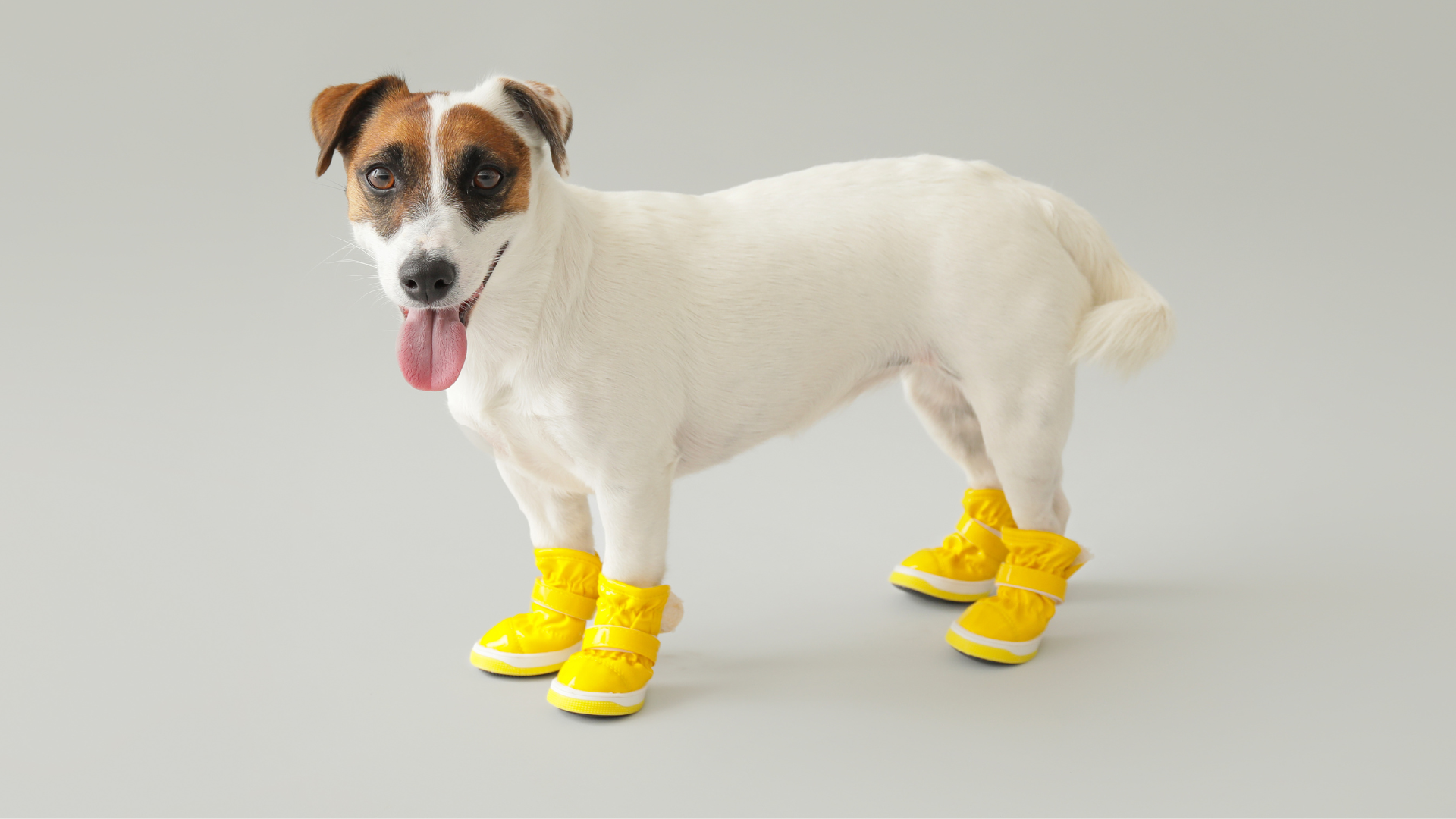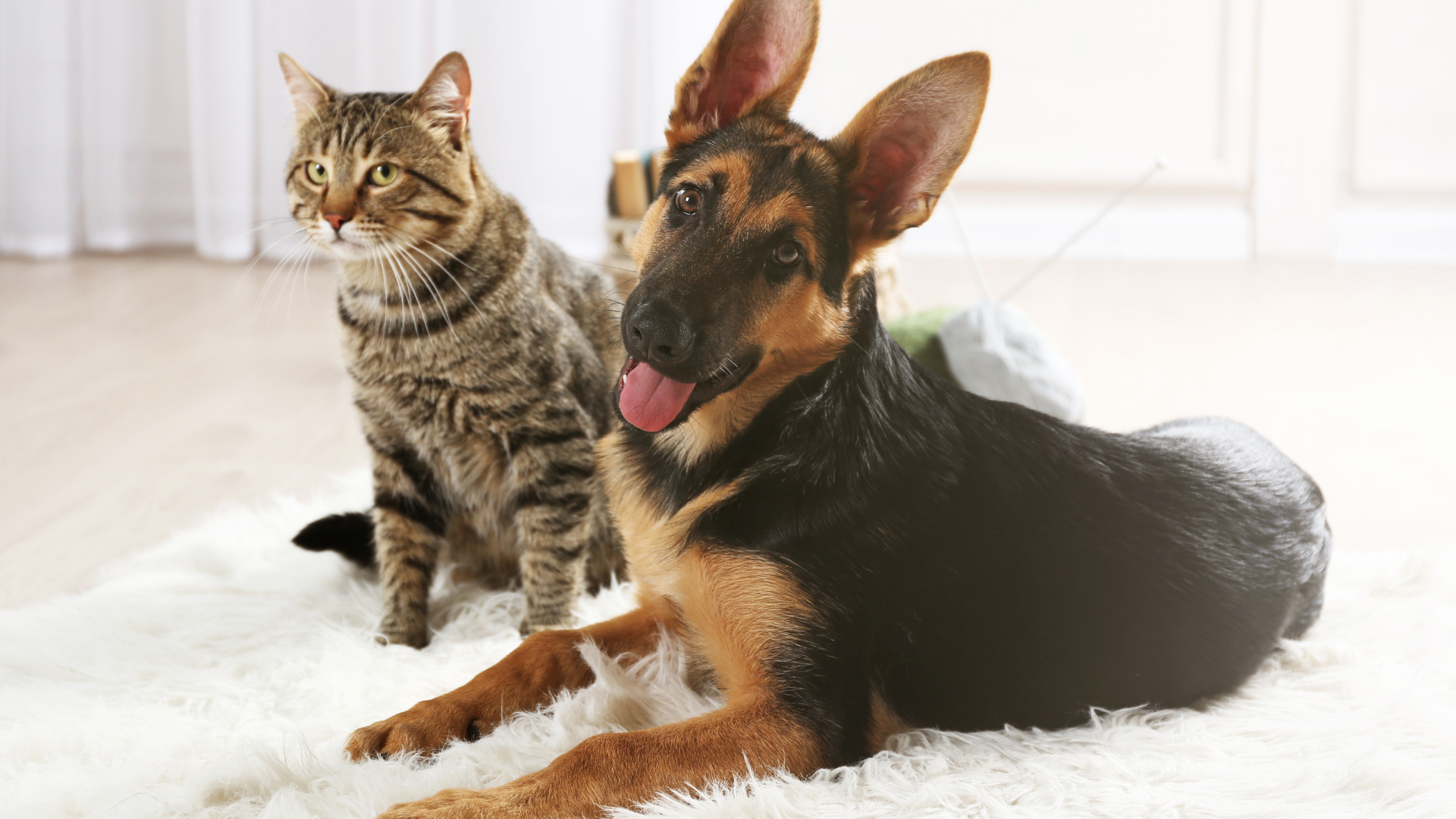Bringing a new dog into your life is exciting, but it can also be overwhelming—especially for first-time owners. In the New Dog Owner Mistakes That Could RUIN Your Dog’s Training video by Will Atherton Canine Training, world-renowned canine behaviorist Will Atherton breaks down the most common mistakes new owners make, why they can lead to serious behavior issues, and how to prevent them.
This blog takes the core teachings of that video and repurposes them into a comprehensive, actionable guide—helping you build a solid foundation of leadership, manners, and calm confidence for a happy, well-adjusted dog.
Setting Realistic Expectations from the Start
Many new owners imagine a perfect, well-behaved companion right away, only to become frustrated when challenges arise. This disconnect leads to skipped training sessions or even rehoming.
The truth: Training isn’t a box you tick in puppyhood—it’s a lifelong process. Every interaction teaches your dog something, so it’s crucial to stay consistent. Seeing training as an ongoing journey helps you stay patient, proactive, and committed to guiding your dog through every stage of life.
Training Is a Daily Habit, Not a Weekly Task
Will emphasizes that training doesn’t just happen during structured sessions—it’s happening all the time. Every walk, meal, play session, or cuddle moment is a chance to reinforce good habits or accidentally teach bad ones.
-
Be consistent with commands and boundaries daily
-
Stay calm and clear in tone, posture, and timing
-
Reward the behaviors you want instead of only correcting the ones you don’t
A clean, calm environment makes this daily training easier. Keeping your dog’s resting spaces fresh with Carpet Deodorizers and washing their blankets and toys regularly with Laundry Powders helps lower overstimulation and promotes calm behavior.
Prioritize Functional Obedience Over Flashy Tricks
While teaching your dog to “spin” or “high-five” is fun, these don’t help in real-life situations. Will encourages focusing on essential commands that build real control and safety:
-
Sit — a universal pause button
-
Stay/place — teaches impulse control and relaxation
-
Recall — reliable return for safety outdoors
-
Heel/loose lead — calm, controlled walking
-
Leave it — prevents dangerous or destructive behavior
These core skills help your dog remain calm and cooperative anywhere—far more valuable than any viral trick.
Mastering Socialization Without Overwhelming Your Dog
One of the biggest pitfalls new owners face is misunderstanding socialization. Flooding a puppy with chaotic environments, loud sounds, and many strangers at once can backfire—creating reactivity and anxiety instead of confidence.
The right way:
-
Introduce new people, dogs, and places gradually
-
Watch your dog’s arousal level and back off if they’re overstimulated
-
Focus on calm, neutral exposure—not forced interaction
-
Use calm role-model dogs for practice, not excitable ones
This structured approach helps your dog learn to stay relaxed and respectful around the world, reducing future behavior problems.
Manners Are Just as Important as Obedience
Good manners—like waiting calmly for meals, not jumping on guests, and resting quietly when told—make daily life with your dog peaceful and enjoyable. Will highlights place training (teaching your dog to settle on a bed or mat) as a cornerstone of home manners.
Maintaining a calm environment helps reinforce these behaviors. Keeping your floors and common areas clean with pet-safe All-Purpose Cleaners prevents distractions, while Carpet Deodorizers reduce scent build-up that can make dogs restless or excitable.
Crate Training: A Foundation for Stability
Crate training often gets misunderstood as punishment, but when done properly, it provides your dog with a safe, den-like retreat and helps prevent:
-
Separation anxiety
-
Destructive chewing
-
Toileting accidents
A crate builds structure and gives you peace of mind when you can’t supervise your dog, making it easier to teach independence and self-control. Pair this with consistent use of their crate bedding washed with Laundry Powders to keep it clean and inviting.
Loose-Lead Walking Supports Calm Behavior
Pulling on walks isn’t just annoying—it raises your dog’s arousal, making reactivity and frustration more likely. Teaching loose-lead walking helps your dog stay calm, making walks enjoyable instead of stressful.
Tips:
-
Stop moving the moment tension appears
-
Reward for slack in the lead
-
Practice in low-distraction environments before moving to busier ones
This simple habit prevents many behavior problems by ensuring your dog gets frequent, relaxing exercise.
Remember: Leadership Is Key
At the heart of Will’s advice is this principle: Dogs need calm, confident leaders. If you don’t step up to lead, your dog will try to fill the role—which can cause anxiety, reactivity, and even aggression.
Strong leadership isn’t about being harsh. It’s about:
-
Being consistent and predictable
-
Setting clear rules and following them
-
Staying calm under pressure
-
Rewarding calm, respectful behavior
This clarity gives your dog the security they crave, reducing confusion and unwanted behaviors.
Creating the Right Environment for Success
Behavior and environment are deeply connected. A chaotic, cluttered, or overly stimulating home can make training harder. Help your dog thrive by:
-
Keeping play areas and floors clean with All-Purpose Cleaners
-
Regularly refreshing bedding, mats, and soft toys using Laundry Powders
-
Using Carpet Deodorizers to neutralize lingering odors that can overstimulate dogs
This calm, orderly atmosphere supports relaxation and helps your dog focus during training.
The Bigger Picture: Training Is a Lifelong Relationship
Will closes the video with an important reminder: training isn’t just about teaching commands—it’s about building a lifelong relationship built on trust, structure, and calm leadership.
Dogs like Reggie and Bruno, who struggled due to poor early training, show how transformation is possible when owners commit to consistent, thoughtful work. Every day is a chance to build new positive habits that create a confident, well-mannered companion.
Final Thoughts
The Will Atherton Canine Training video New Dog Owner Mistakes That Could RUIN Your Dog’s Training makes one thing clear: avoiding common mistakes early on can save you years of stress and give your dog the best start in life.
By setting realistic expectations, prioritizing foundational skills, managing socialization carefully, and maintaining a calm, clean environment with Carpet Deodorizers, Laundry Powders, and All-Purpose Cleaners, you can raise a well-balanced, happy companion who thrives by your side.
For more pet parenting tips and dog-friendly home care advice, visit our main page or browse our latest articles on the blog.

